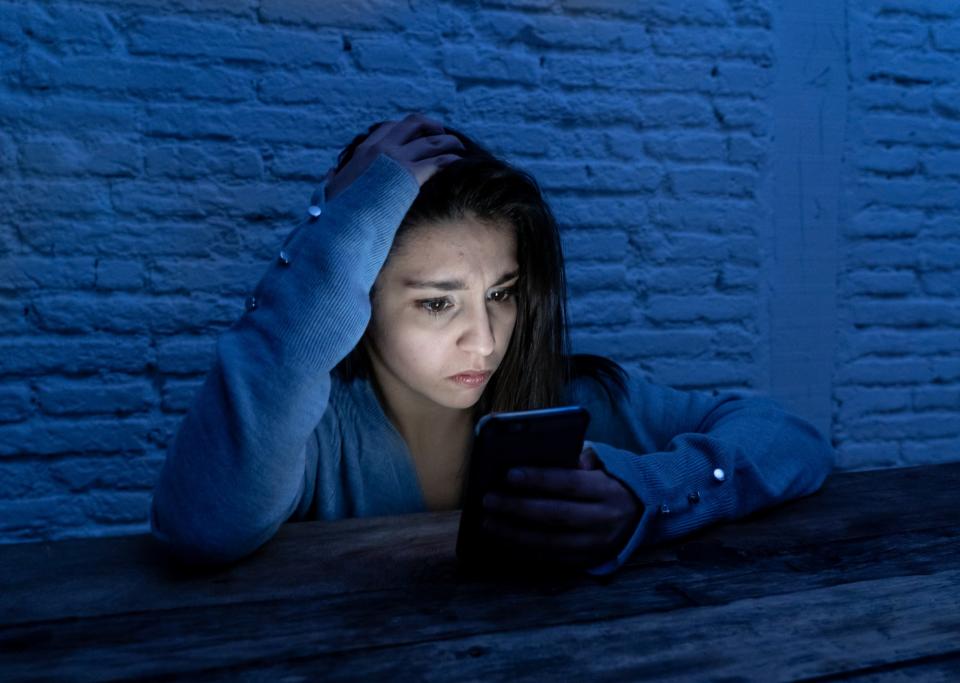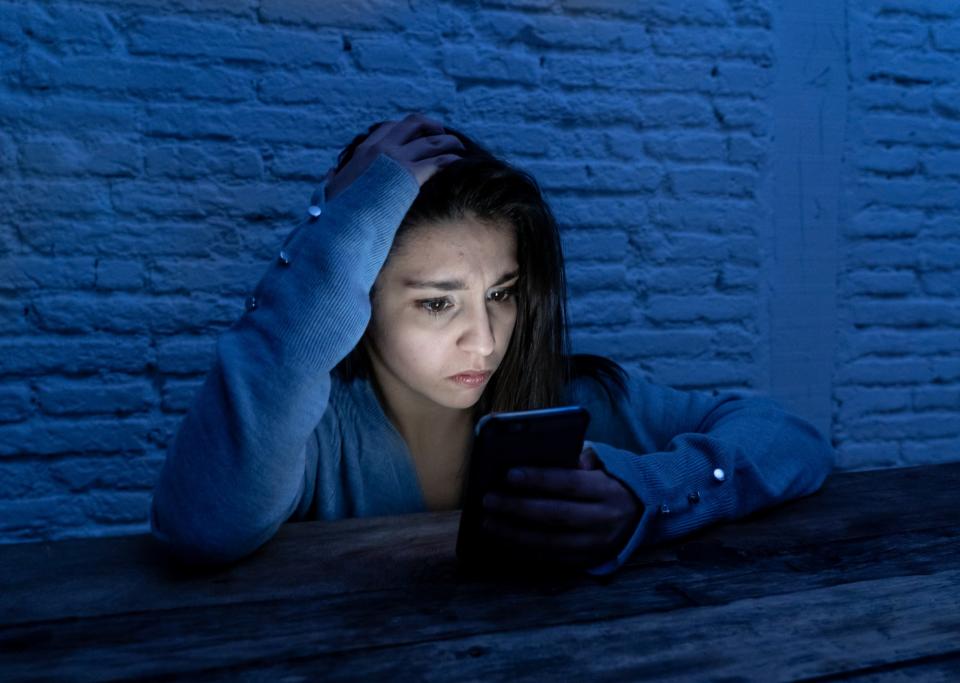Virginia updates its revenge porn law to include deepfakes
It's punishable by up to a year in jail.
With AI tools making it increasingly easy to create fake explicit images, the problem of revenge porn is only getting worse. Now, the state of Virginia has expanded its law against harassment through the sharing of sexual images to cover deepfake images and videos.
The ban came into effect on July 1st. Previously, the law criminalized using nudes or sexual images to "coerce, harass, or intimidate" another person, and now a line has been added to cover such images that include "a falsely created videographic or still image."
The disseminating of revenge porn is classified as a Class 1 misdemeanor, which is punishable by up to 12 months in jail, a fine of up to $2,500, or both.
That's a step forward for victims of revenge porn, but legislating such issues can be difficult. Victims' groups in the UK say that revenge porn laws there aren't working because victims aren't guaranteed anonymity, leaving many afraid to speak out.
Another approach is to ban revenge porn images from platforms, but Facebook has had limited success with using AI to tackle the issue. The site has an issue with fake videos too, such as the infamous deepfake of speaker Nancy Pelosi. Facebook bans explicit images and uses image screening to enforce this policy, but allows "moderate" portrayals of sexuality, leaving a grey area which is difficult to enforce.
There is push to tackle deepfakes on the federal level as well, with Rep. Yvette Clarke (D-N.Y.) introducing a bill to make the distribution of deepfake revenge porn a federal crime.



